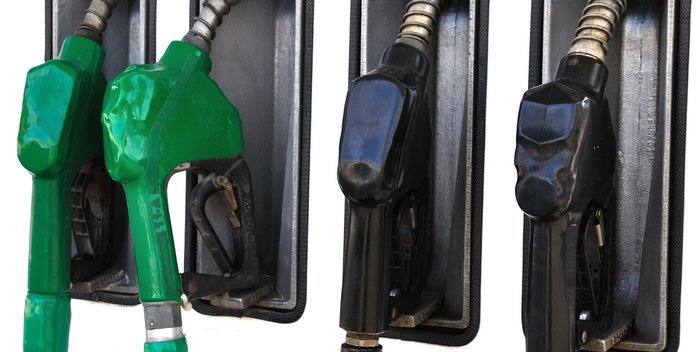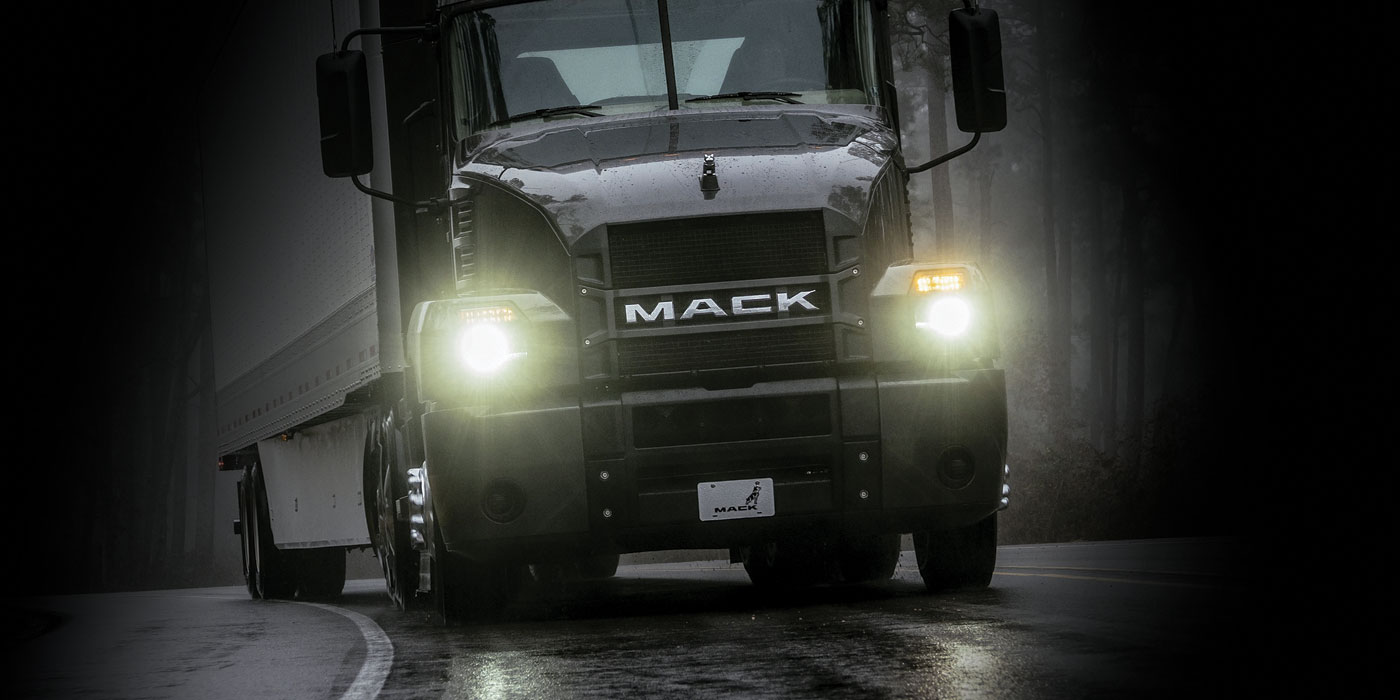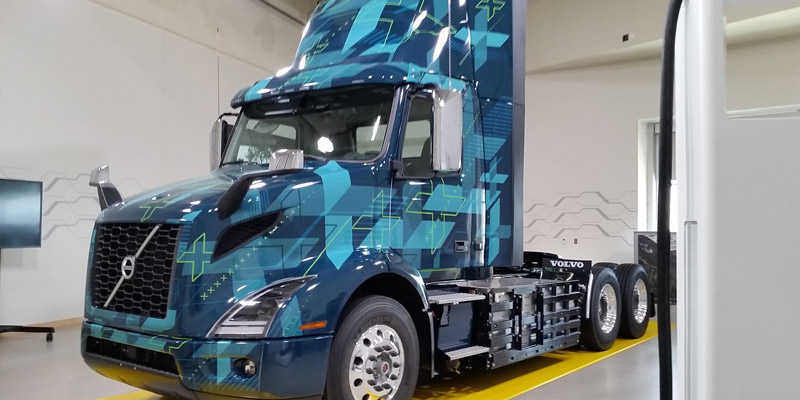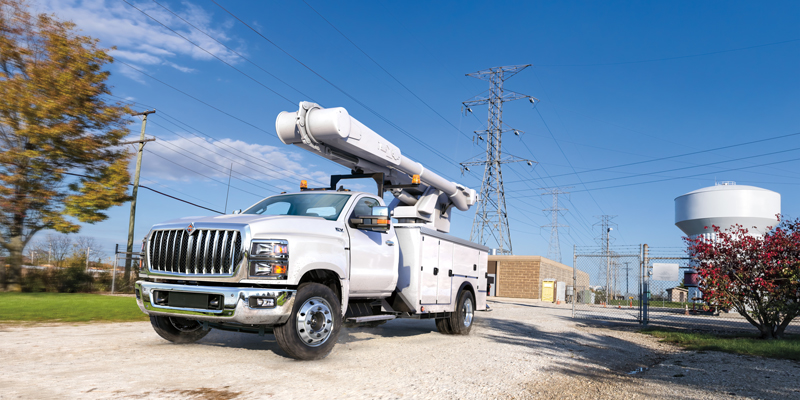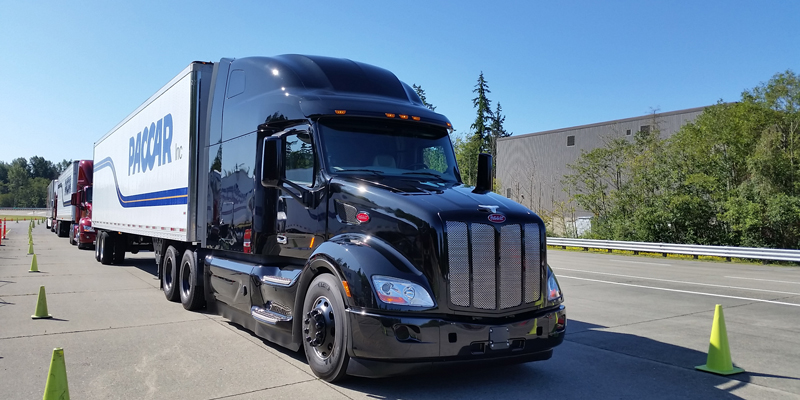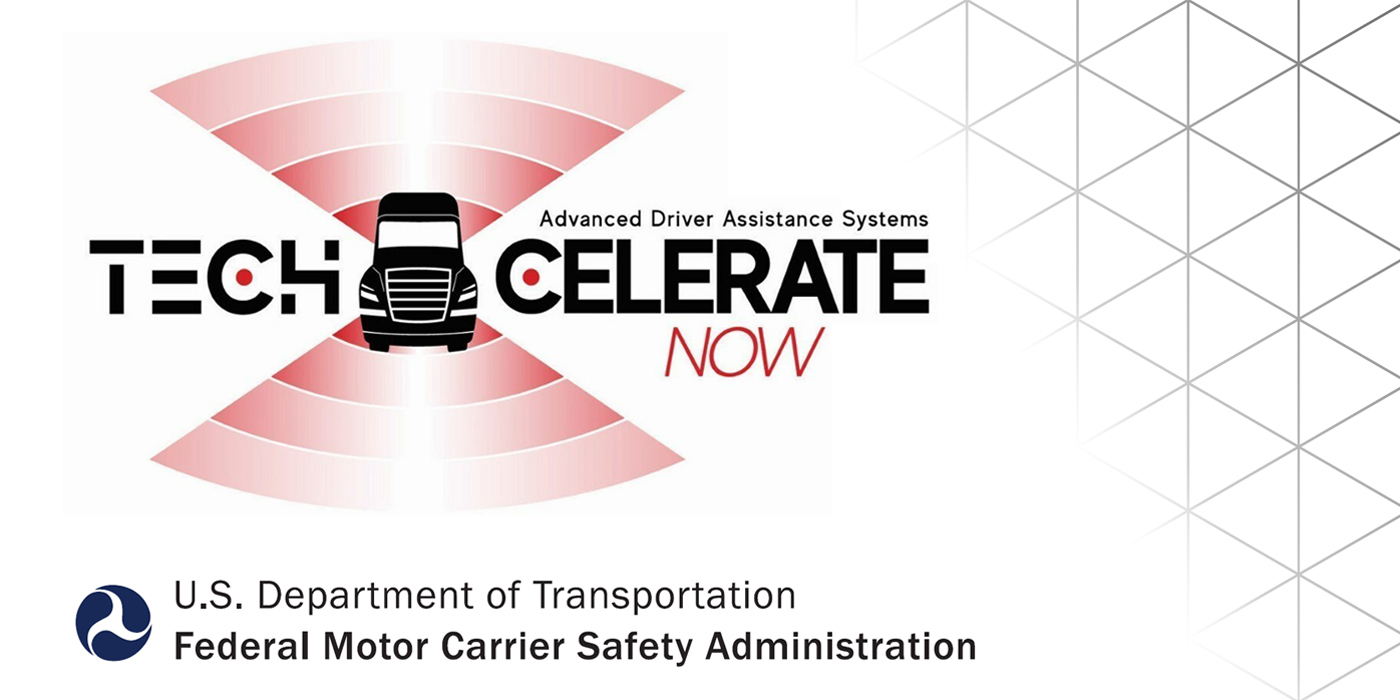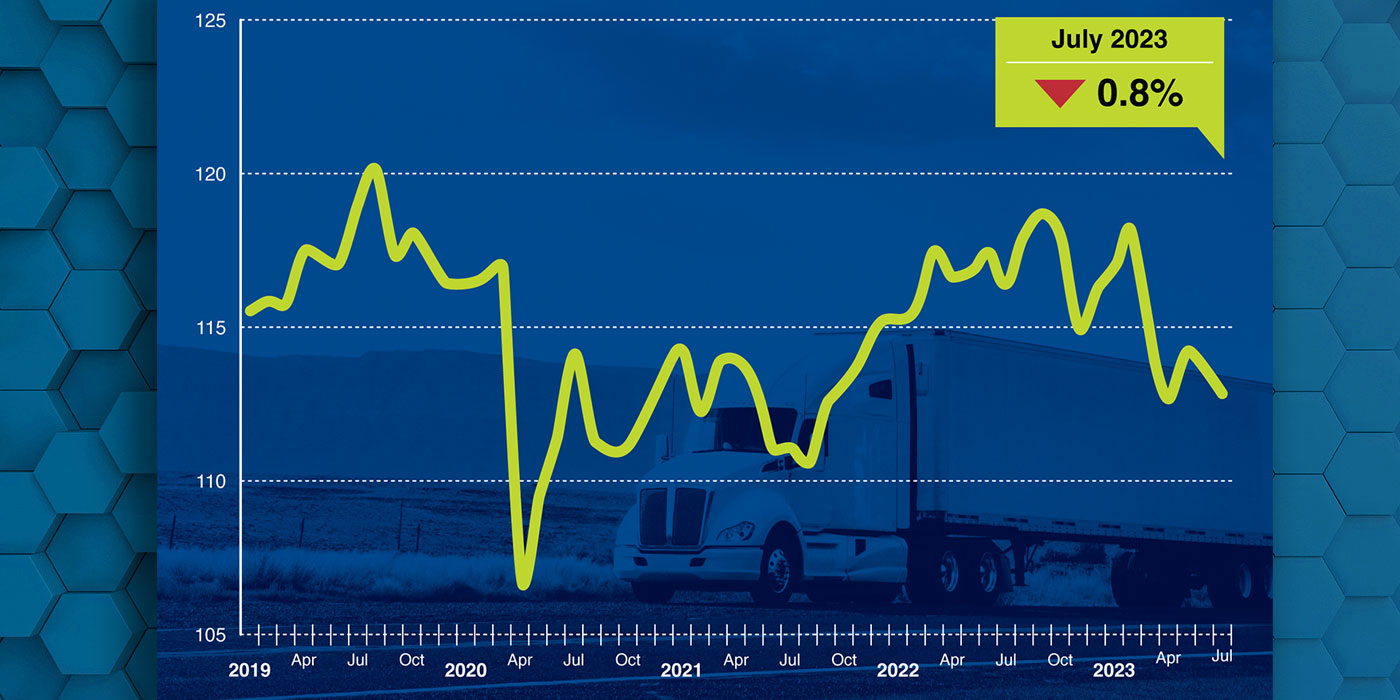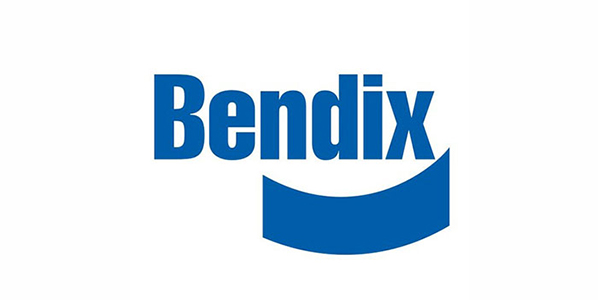Dimethyl ether (DME) may be the most promising fuel of the future, this statement is based on research carried out by Daniel Kauffman, president of Terracel Energy, who is an energy technology entrepreneur, investor and consultant and Bob Riedford, president of Riedford Management Inc.
The ATA projects as many as 5% of the Class 7 & 8 trucks sold in 2014 will be non-diesel compared to only 1% non-diesel in 2012. In the United States, much of our domestic natural gas supply is being wasted. Natural gas is often an unwanted byproduct when producing oil and gasoline and in many cases no transport infrastructure is in place to bring the unused gas to market. Much of this natural gas is burned in flares, which, though better than venting it into the atmosphere, is still polluting and wasteful.
Compressed natural gas (CNG) and liquefied natural gas (LNG) have been the leading contenders as alternatives to diesel fuel for trucking fleets. CNG is widely used in medium-duty applications, but does not offer the hp nor torque needed to haul 80,000 lb. Class 8 loads. LNG is difficult and costly to store. CNG and LNG require expensive modifications to gasoline engines which cost truck owners and fleets lots of money.
Volvo recently tested eight different fuels along criteria including energy efficiency, cost, infrastructure and climate impact. DME came out on top in their testing, beating out CNG, LNG, ethanol and biodiesel.
DME is a very useful molecule. It is a gas at room temperature or a liquid in lightly pressurized tanks. DME behaves much like propane, transportable in propane tanks and combustible with propane when blended. And DME can be made from the natural gas we otherwise burn as waste. Furthermore, the refining process from natural gas to DME is straightforward with water being the only significant byproduct.
DME has very good characteristics as a trucking fuel. DME has a high centane number and very low emissions of NOx and CO. DME is also sulfur free, produces no soot, is biodegradable, and is not a greenhouse gas. Though DME behaves like propane, DME can be burned in compression ignition engines and is therefore a potential substitute for diesel. Diesel engines require only minor modification to be able to burn DME, and DME preserves the ~30% greater efficiency of compression engines that burn diesel over spark ignition engines that burn gasoline.
DME may be able to help commercial carriers achieve goals associated with efficiency improvement programs such as the EPA’s SmartWay. DME-powered trucks can be a major part of carriers’ plans to improve their operating margins while reducing their near 100% dependence on diesel fuel.
We have also learned that Volvo Trucks has recently developed a DME fleet in cooperation with the European Union. These DME powered trucks operate as ultra clean low emissions transport vehicles throughout Sweden. A similar pilot program is underway in Texas through a commercial collaboration between Martin Transport, Volvo Trucks and Oberon Fuels.
Trucking companies that want an alternative to diesel that eliminates particulate traps and SCR systems, but still burns cleanly in existing diesel engines, may want to take a long look at DME. Investors looking to help launch a DME transportation industry in the U.S. will have the opportunity to potentially make and save significant money by placing the right early bets on DME, Kauffmann and Riedford suggest.
This column appeared in the March 2014 edition of Fleet Equipment. You can read the entire issue on your phone or tablet by downloading the Fleet Equipment app.

